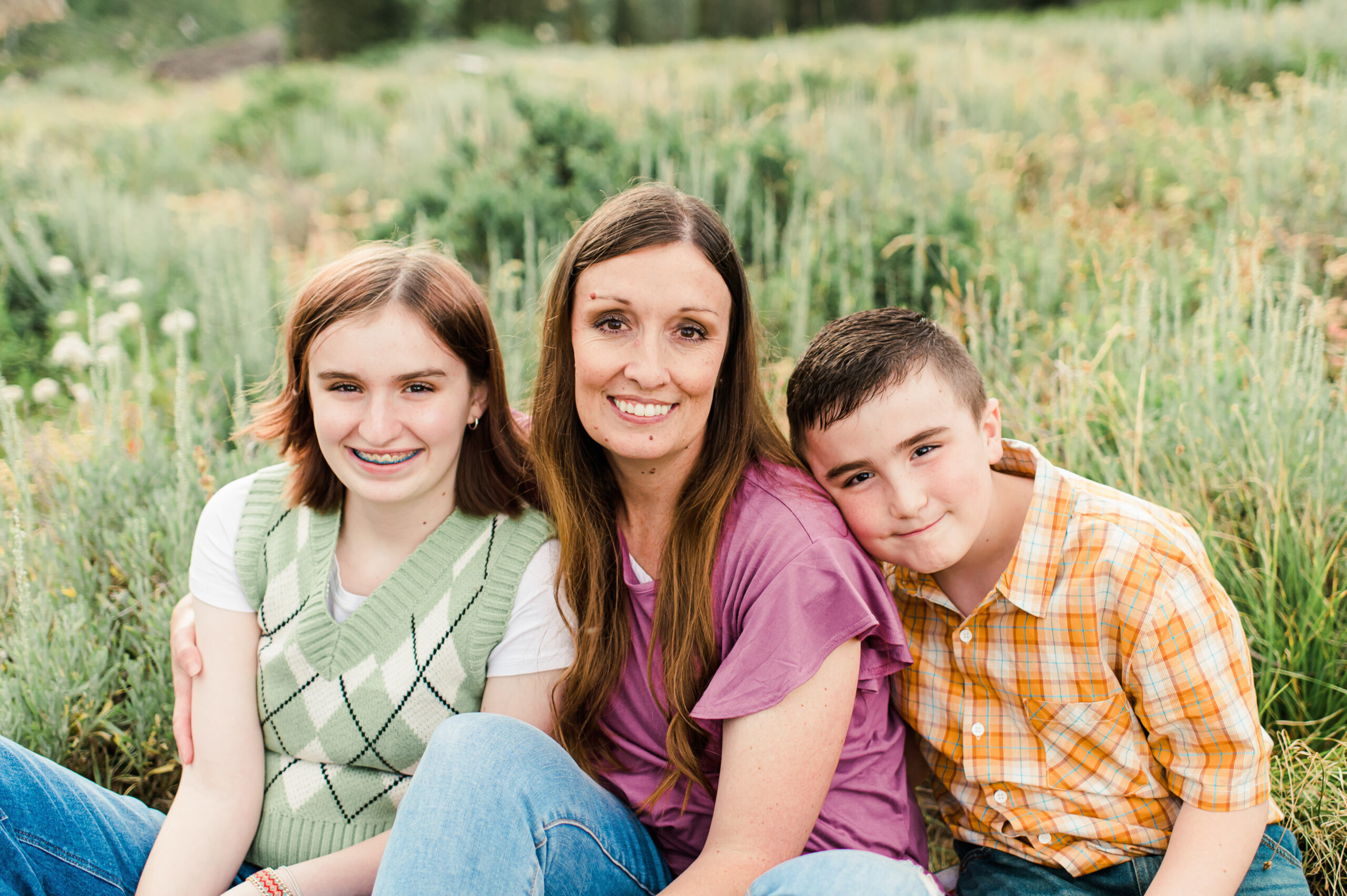
Have you ever felt that you did not belong? Maybe you feel a little different than those around you? It’s like an internal battle that creates a feeling of being the “black sheep” or the “outcast.” I have seen this happen in my family and have experienced it in my own life.
First, my younger sister. Thanks to relentless allergies and a struggle with depression at a young age, she felt miserable and seemed to take it out on all of us. Our family could not go anywhere without her having a meltdown or throwing a fit. Her behavior was used as an excuse anytime our family missed out on fun experiences or memory-making moments. There was a lot of frustration, anger, and stress with my parents that spread into our family and my sister seemed to be at the center of it. She was like the “black sheep.”
This role of the “black sheep”, or the “outcast,” is labeled as the identified patient. The identified patient seems to take the brunt of the family’s problems and/or gets blamed for every negative thing. By having an identified patient in the family, it is often easier to hide root issues that are not resolved in the family’s system. It is a bit like playing the blame game. If there is someone to blame for the discontent, then the deeper struggles can be pushed aside. In my sister’s case, her behavior gave the perfect space for blame when it was needed in our family.
Second, my personal struggles. As my siblings and I grew, I began to struggle with anxiety which was not easily understood. As I started a family of my own, anxiety and depression reared its ugly head. I was faced with an emotional battle that I did not know how to handle on my own. It was hard enough that my husband did not know how to help, but it was worse when I felt I could not rely on my family of origin for comfort or support.
Everyone said to “get over it” or “let it go.” As an adult, my parents and siblings would often try to talk me into doing recreational things with them because “it would help me.” When I would say “no,” ridicule would often follow, or plans would change, and I would feel blamed. Sometimes I felt as if I was being treated as a sick patient, which often left me with a victim mentality or a feeling of being helpless. In any case, I would find myself feeling worse mentally and emotionally simply because I was misunderstood and I felt I had taken on the role as the “outcast.”
Finding Space for Blame
According to Marriage and Family Therapist and Relational Trauma Recovery Specialist, Annie Wright, an identified patient is one that emerges from a negative family lifestyle. This can be an abusive, dysfunctional, or chaotic family with adversity in the early childhood of the “patient.” Anytime that a family is not able to tolerate or handle stressful situations, an identified patient can, and possibly will, emerge. Instead of working on the root problems within the family, it is often easier to find an imagined source of contention and place the blame on him or her, resulting in the “real problem” being ignored and dysfunction being disguised.
A Rise in Anxiety
How does this affect us today? According to the National Institute of Mental Health (NIMH), 3.6%, or 264 million people worldwide struggle with anxiety. In the United States alone, the prevalence of anxiety in adults is 19.1%, and in teenagers, ranging in age from 13 to 18 years old, about 32%.
So, imagine this is you. You are striving each day to make it the best day despite feeling overworked, providing for a family, the loss of a job, health issues, parenting, relationship issues, the never-ending list of household chores, etc. Every now and then, you experience anxiety because of the heavy load that you carry. For a teen or a child, the reasons for developing anxiety are different. The National Education Association explored some of these reasons and found the pressure to fit in, to achieve, and from social media were at the top of the list. In addition, not feeling safe at school has also become a fear.
Now imagine turning to family or loved ones and feeling neglect rather than support. How would you handle that situation? How would you find your “safe space?” Unfortunately, for some, that “safe space” comes in the form of consistent worry and anxiety and a feeling of looming loneliness while living each day.
Annie Wright claims that when the family system is not able to tolerate the growing stressors around them, family members take care of themselves by outsourcing or dumping their feelings onto one individual leaving this member of the family feeling worn down and anxious. Often teens and children make themselves the identified patient by keeping their personal stressors tucked inside. Without adequate support to work through the negative feelings or thoughts, a generalized anxiety disorder or some form of mental illness may begin to develop.
Finding Relief and Support
Anxiety is on the rise for many. We could all do better to help lift, support, and love one another regardless of our struggles so that we can all maintain a level of safety and peace within ourselves. Dr. Terry Warner taught, “Seeing other people as the problem, is the problem.” Instead of pointing out the “black sheep” or labeling others as an “anxious person,” we should help one another to heal through a higher level of compassion and support. We have the power to create change by recognizing our need to advocate for one another and erasing the idea of the identified patient.
The Jefferson Center offers some insight to help families better understand one another. They suggest staying calm, being an active listener, respecting differing opinions, considering the bigger picture, and creating safe boundaries. These useful tips can be used in any situation especially with anxiety.
Ways to help lessen anxiety in yourself or someone you love include meditation, yoga, rest, exercise, journaling, and therapy. When support from loved ones seems too far distant, finding those that have your best interest at heart is vital. Anxiety can be a lonely battle, especially if others try to label you as the identified patient, but with the right tools, you can become empowered and grow through the struggle.

My name is Heather Larsen. I am married and have two kids. My family is my world! I am graduating from BYU-Idaho in July 2024 with plans to attend grad school to study mental health and well-being. I am a family life coach working toward becoming board-certified. I have truly enjoyed working in the coaching field and walking with people along their journeys. After enduring my own personal struggle, I have developed love and gratitude for anxiety. I am committed to learning about, sharing with, advocating for, and supporting those who have a similar struggle.




